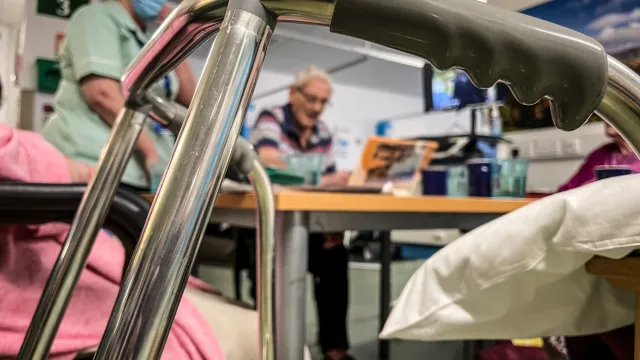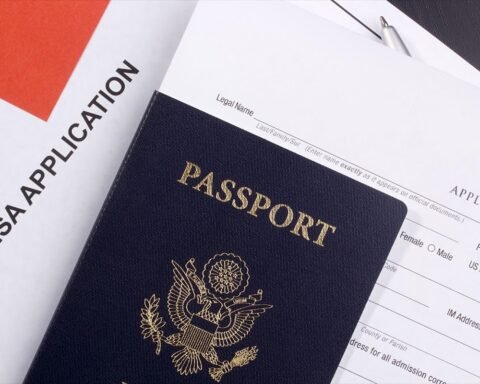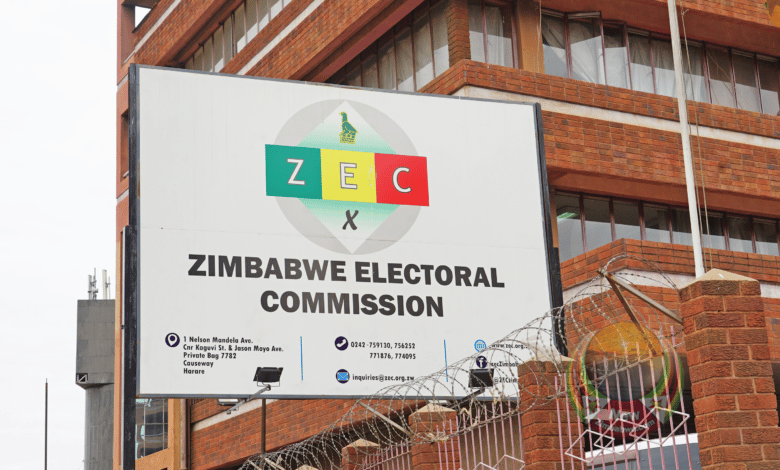New UK visa rules are dissuading Zimbabwean migrants, potentially exacerbating Britain’s shortage of the care worker. Migrants who were prepared to relocate to the UK for roles in the care sector are now reconsidering their plans due to new visa regulations preventing them from bringing their families along.
For Tanyaradzwa Makwiranzou, migrating to the UK for a care worker position had been a long-held aspiration, particularly after opportunities opened up following the Covid-19 pandemic. Last year, after completing a nurse aide course, Makwiranzou diligently prepared for the move, obtaining necessary documents such as police clearance and passing an English test, investing both time and over £1,000 in the process.
However, Makwiranzou’s hopes were dashed on 11 March this year when the UK implemented visa rules that prohibit care workers from bringing dependents when migrating. These measures, announced by the government in December 2023, aim to decrease migration through the care visa route and address abuse and manipulation of the immigration system.
The impact of these restrictions is deeply felt by individuals like Makwiranzou, who resides in Harare with his wife and 14-month-old son. Expressing his disappointment, he explains how the new regulations undermine the very essence of migration, particularly his desire to provide a better environment for his child. Leaving his family behind is simply not an option.
Prior to the pandemic, the NHS and broader healthcare system in the UK faced significant understaffing issues. Against this backdrop, many Zimbabweans saw an opportunity to escape various challenges in their home country, including inflation, currency instability, declining healthcare standards, stagnant wages, high unemployment, and shortages of basic necessities.
Institutions providing nurse aide training in Zimbabwe observed a surge in enrolment, attracting not only nurses but also professionals from other sectors like education and banking. Despite this demand, the British government’s visa restrictions are deterring potential care workers from considering the UK, exacerbating staff shortages.
Yotamu Mlauzi Chagwada, president of the Nurse Aide Association of Zimbabwe Trust, emphasizes the importance of family in motivating individuals to work and pursue their aspirations. He highlights that denying care workers the opportunity to relocate with their families may drive the migrants towards countries with more accommodating immigration policies, further exacerbating staff shortages in the UK.
Michael Kandukutu, a labour migration expert at the Zimbabwe Congress of Trade Unions, condemns the UK government’s decision to bar migrant workers from bringing their spouses, viewing it as a violation of migrant workers’ rights and dignity. Migration, he asserts, is a fundamental human right, and countries should prioritize improving working conditions for everyone.
Audrey Paidamoyo Chidziya, a trained nurse aide from Mutare, expresses her dilemma: while she would consider a job offer in the UK, the prospect of leaving her family behind is emotionally challenging. If presented with opportunities in other developed countries that permit family relocation, she would prioritize those over the UK.
In response to the visa restrictions, Makwiranzou has redirected his plans and begun the process of migrating to Australia. Disillusioned by the barriers imposed by the UK’s immigration policies, he reflects on the financial investment he made in obtaining the necessary paperwork, now rendered futile.








